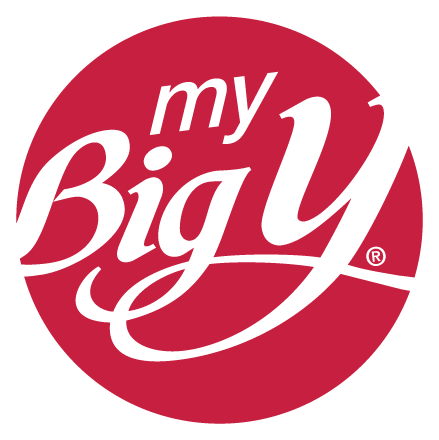
Stay Informed: Your Medications, Your Diet
Did you know the medications you take may interact with foods and/or alcohol? Learn how the foods you eat can affect how your body processes your medications below with our list of common drug-food and alcohol interactions.
| Medication | Food | Possible Interaction | Solution |
| StatinsSimvastatin (Zocor®)Lovastatin (Altoprev®)Atorvastatin (Lipitor®) | Grapefruit Juice | Grapefruit juice may modify how you metabolize statin medications by increasing the amount in your body. The increase can put you at risk for muscle damage and renal failure. | Do not eat grapefruit or drink grapefruit juice while on statins. |
| Warfarin(Coumadin®) | Food’s rich in vitamin K such as dark green veggies including broccoli, Brussel sprouts, kale, parsley and spinach. | Foods rich in vitamin k will decrease the effect of warfarin in your body, putting you at risk for blot clots. | Good news! It is okay to enjoy these foods. Simply keep the amount you eat consistent. |
| Levothyroxine(Synthroid®) | All food and drinks, specifically iron- and calcium-containing foods. | Foods rich in minerals like iron and calcium may decrease the effectiveness of levothyroxine, making the medication less effective. | Take levothyroxine on an empty stomach. If ingesting a mineral-containing medication, supplement or food (Tums, multivitamin with minerals, milk) take levothyroxine 2 hours before or 4 hours after. |
| Doxycycline | Iron- and calcium-containing foods, such as milk products. | Foods rich in iron and calcium will decrease the effectiveness of antibiotics like doxycycline. | Take iron and calcium containing foods 3-4 hours apart from antibiotic. |
| Diphenhydramine or doxylamine containing products (Benadryl, Tylenol PM) | Alcohol | Consuming alcohol while taking diphenhydramine- or doxylamine-containing products increases your risk for motor impairment and decreased breathing rate. | Avoid alcohol while taking. |
| Metronidazole | Alcohol | Consuming alcohol while taking will cause nausea, vomiting, flushing, dizziness and headache. | Avoid alcohol while taking |
| Potassium-Sparing DiureticsAmiloride (Midamore®)Eplerenone (Inspra®)Spironolactone (Aldactone®) | Bananas, leafy green vegetables (e.g.: spinach and broccoli), nuts and beans. | Potassium-sparing diuretics increase urination, without the loss of potassium. When taking, potassium has the protentional to build up in the body. Therefore, be mindful and consistent with your potassium intake. | Meet with a registered dietitian for FREE to learn which foods contain high amounts of potassium so you can monitor your intake with a registered dietitian for FREE. |
| Antihypertensives (Blood Pressure Medications)LosartanLisinoprilAmlodipineMetoprolol | Foods high in sodium such as frozen meals, canned entrees, salted nuts, salty snacks and cured meats. | For some individuals, a meal plan rich in sodium (or salt) may cause blood pressure to rise. Excess sodium can put extra stress on your heart and blood vessels. | Be mindful of the amount of sodium you eat in foods and learn how to prepare foods with less salt by attending our Living Well Eating Smart team’s FREE Virtual Nutrition Events attending our Living Well Eating Smart team’s FREE Virtual Nutrition Events. |
Knowing what your medications are used for can help you keep clear of any interactions. Remember, you can always stop by your local Big Y Pharmacy and speak to one of our pharmacists if you ever have any questions about your medications.
References
- Bushra R, Aslam N, Khan A. Food-Drug Interactions. Oman Med J. 2011 Mar; 26(2): 77-83.
- Hulisz D, Jakab J. Food—Drug Interactions. US Pharm. 2007;32(3)93-98.


